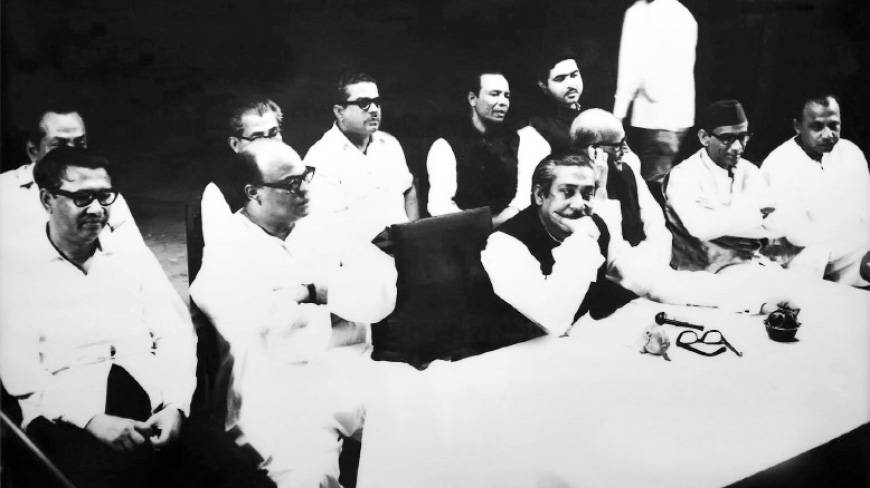The actual history is unknown to many people because of escapism, says Sharmeen
Sharmeen Ahmed, daughter of the founding prime minister of Bangladesh Tajuddin Ahmed, has said “the name of the life and soul of the liberation war had been deleted from the history as the curriculum was to some extent individualistic.”
She said: “Bangabandhu and Tajuddin were synonyms to each other, however, the name of Tajuddin has been deleted from history.”
She made the statement while addressing the publication ceremony of her book Tajuddin Ahmed: Leader and Father at a city bookstore on Friday.
“Whenever we discuss about the liberation, we go to January 1972 from March 25 of 1971, however the history of the nine months of the liberation war remains untouched. The actual history is unknown to many people because of escapism,” she added.
She also said there were many controversies regarding the history of the war of independence, as there was an effort to implement political agenda in the name of history.
“There was an effort to raise controversy centering my book. I will request all to read the whole book instead of raising controversy by reading it partially,” she said.
Barrister Amirul Islam, an aide of Tajuddin during the liberation war, said the history writers would be able to use the book of Sharmeen as a reference adding that the writer had tried to manifest different things with sincerity.
Former Chittagong mayor ABM Mohiuddin Chowdhury and economist professor Mainul Islam also addressed the function.
Tajuddin Ahmed had served as the first PM of Bangladesh and lead the wartime provisional government during the Liberation War in 1971, in absence of Bangabandhu.
A close confidante of Bangabandhu, Tajuddin was the general secretary of the Awami League in the late 1960s and early 70s. He coordinated the AL’s election campaign for the Pakistani general election, 1970, in which the League gained a historic parliamentary majority to form government.
After the liberation of Bangladesh, he became finance minister in the Mujib government in 1972.
After Bangabandhu’s assassination in August 1975, he was arrested. Along with four other top League leaders, he was executed by members of the military in Dhaka Central Jail on November 4, 1975.
Source: Dhaka Tribune

